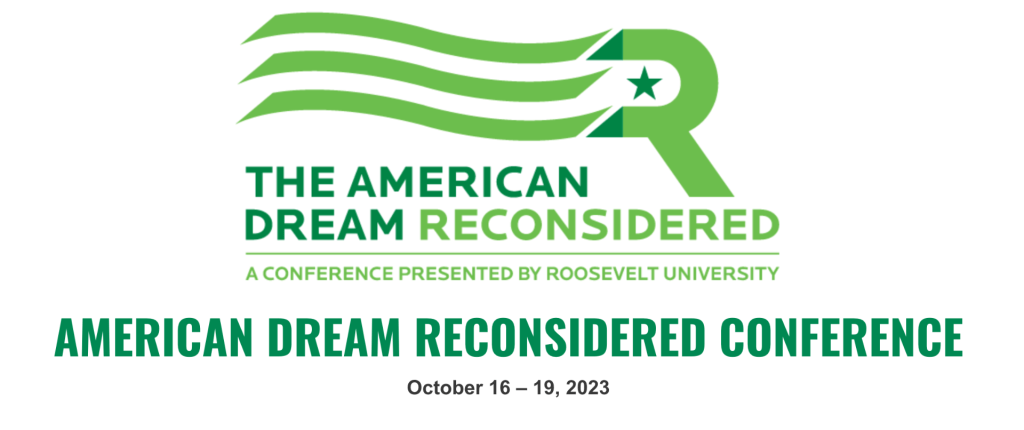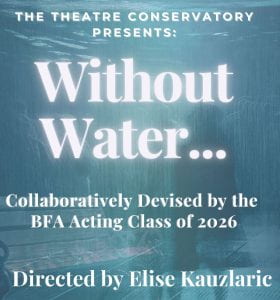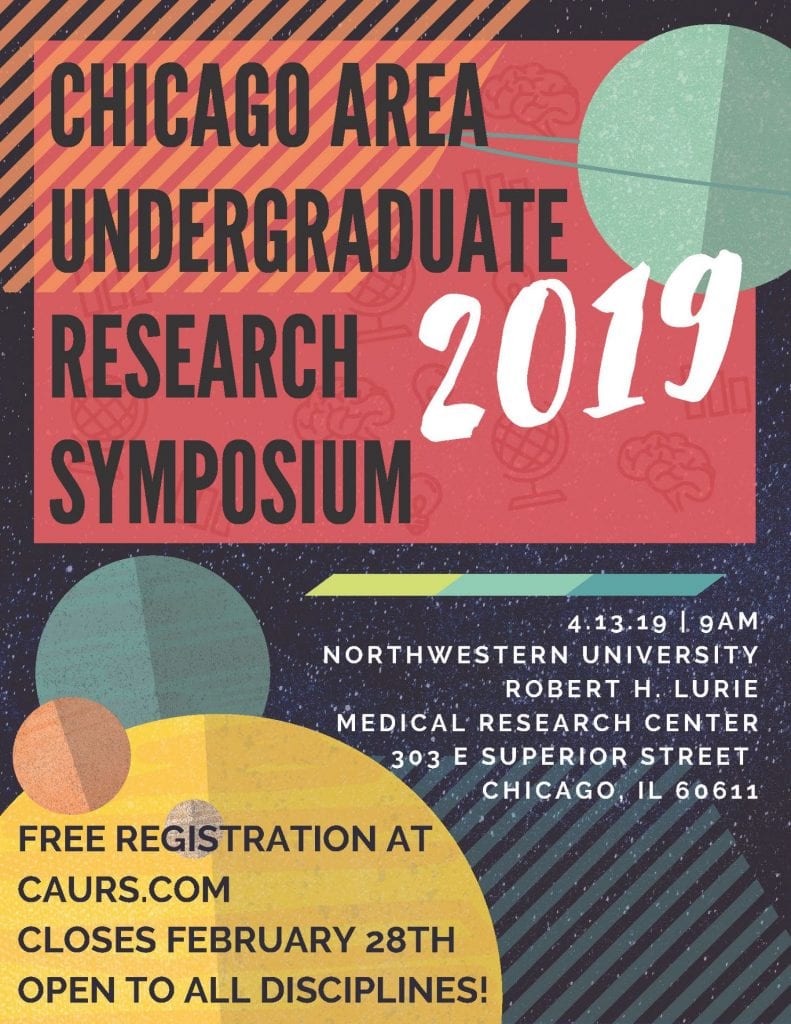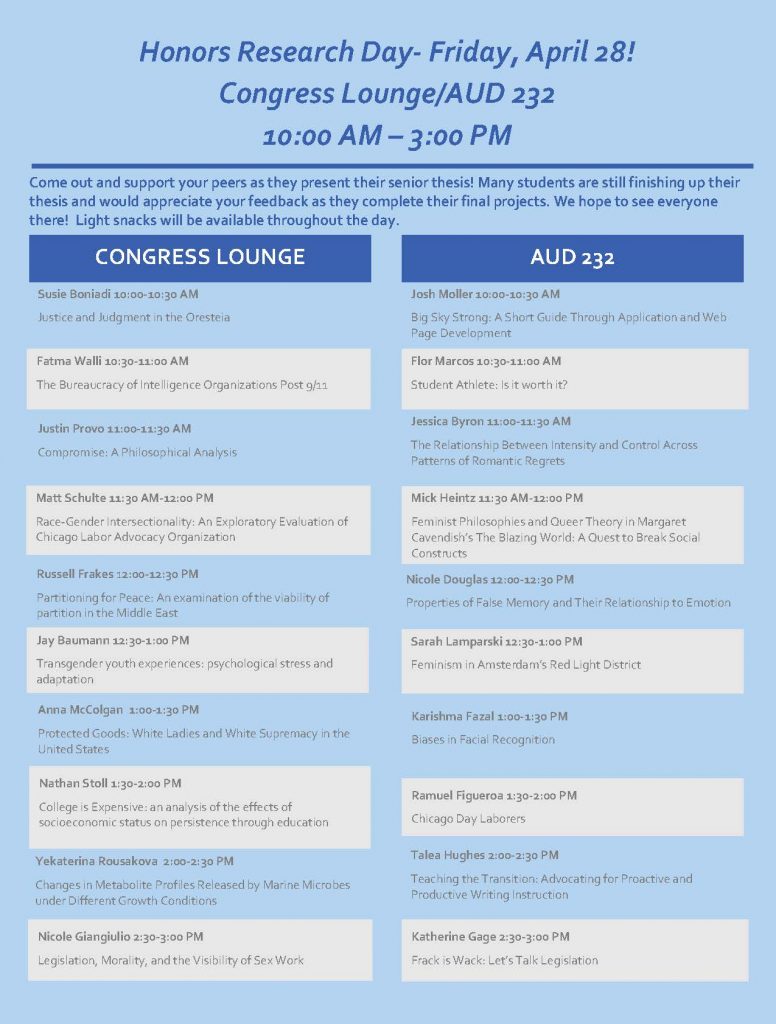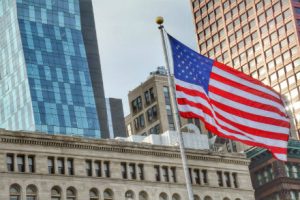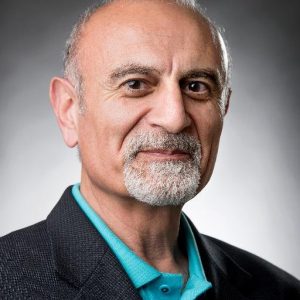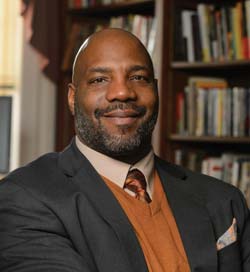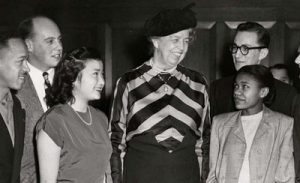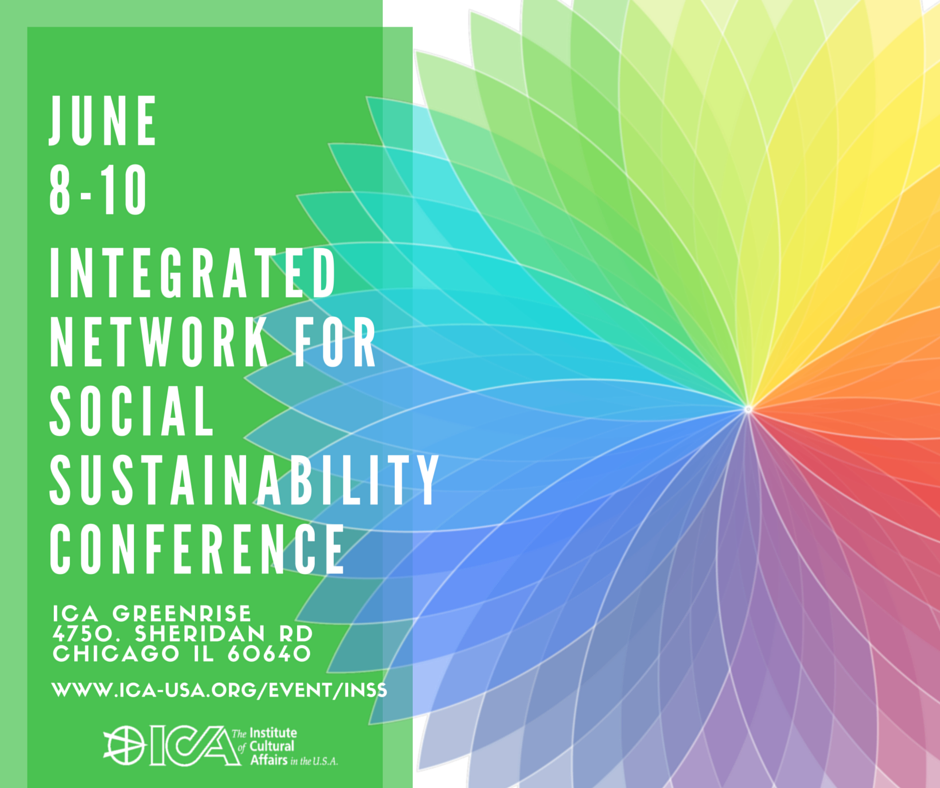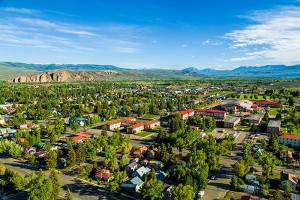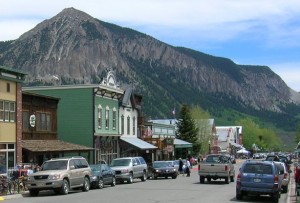2025 Research & Inquiry Orientation (RIO)
* September 12, 2025 *
9 am – 4 pm
Murray-Green Library
10th Floor, Auditorium Building, Chicago Campus
What is research? How can research help me? What does research look like in my major? How would I get started with research? Who should I contact to get involved in research? I’ve completed one project; what’s next? I’ve just transferred in, but I don’t know where to get started at Roosevelt! What are my peers’ experiences conducting research? Who else can I speak with about my process?
Information for students
Research & Inquiry Orientation day (RIO) welcomes all students across Roosevelt University colleges and departments who have conducted or are interested in research, inquiry, internship and similarly types of projects. Activities are geared for students at all levels–if you’re just learning about research, have just transferred to Roosevelt and/or students who are continuing to learn and build research experience.
- Learn about research processes and opportunities in workshops led by departments and programs;
- Connect with students interested in research through peer-to-peer sessions;
- Share your experience and research work!
This one-day fall event on the Chicago campus aims to foster student interest in research and contribute to the creation of an inclusive research culture at Roosevelt. We will convene colleges, departments and offices to facilitate 30-60 minute sessions that offer students greater insight into research & inquiry practices across the disciplines. We hope the sessions will help familiarize students with research topics, resources, early skill-building, and information about opportunities to get involved whether department/discipline-specific or university-wide. In addition, we will facilitate peer- to peer networking sessions to build conversations among students about research activities.
- Currently accepting session proposals from faculty & staff. If you or your department would like to participate in this event by hosting a session, moderating a discussion and/or referring students you think may be interested, please fill out our RIO ‘25 session submission form at this link (scroll down the page).
-
Interested in proposing but looking for ideas? View the RIO ’24 program
Research & Inquiry Orientation Day is organized by the Office of Student Research, the STEM Center and the McNair Scholars Program.

